[ad_1]
LONDON (Reuters) – British Foreign Secretary Boris Johnson issued a second, fuller apology on Monday for remarks about an Iranian-British aid worker jailed in Iran that critics said might have prompted Iran to extend her prison sentence.
Nazanin Zaghari-Ratcliffe, a project manager with the Thomson Reuters Foundation, was sentenced to five years after being convicted by an Iranian court of plotting to overthrow the clerical establishment. She denies the charges.
Johnson told a parliamentary committee on Nov. 1 that she had been teaching people journalism before her arrest in April 2016, contradicting her and her employer, who said she had been on holiday visiting her family.
“It was my mistake. I should have been clearer. I apologise for the distress and anguish that has been caused to Mrs Zaghari-Ratcliffe and her family,” Johnson told lawmakers on Monday. “Our priority now is to do everything we can to get her out of Iran on humanitarian grounds.”
On Nov. 7 Johnson said in the course of an exchange with an opposition MP in parliament that “I am sorry if any words of mine have been so taken out of context and so misconstrued as to cause any kind of anxiety for the family.”
Opposition British lawmakers had said the remarks could land the aid worker a longer term in jail.
Johnson, whose job has come under pressure over the case, said he would meet Zaghari-Ratcliffe’s husband this week, adding that the issue was casting a shadow over relations with Iran.
“I shall travel to Iran myself later this year to review the full state of our bilateral relations and to drive home the strength of feeling in this House and in the country at large,” Johnson said.
Earlier on Monday, the government said it was considering granting diplomatic protection to Zaghari-Ratcliffe as part of an effort to secure her release from jail.
It is unclear how such protection could be offered retrospectively to a dual Iranian-British citizen, or whether such a move could help to secure her release, but a spokesman for Prime Minister Theresa May said it was one option being considered.
“The prime minister has been involved with this case from the outset, she’s raised it with the Iranian president on at least two occasions, the entire government is working towards securing her release as quickly as possible,” he said.
A legal opinion prepared for the human rights charity Redress on Zaghari-Ratcliffe’s case said the British government could grant her diplomatic protection as she is “predominantly” a British citizen who has been denied a fair trial.
It is unclear how Tehran would view such a step, which would explicitly make Zaghari-Ratcliffe’s fate an issue in state-to-state relations rather than a purely consular case.
BARGAINING CHIP
Zaghari-Ratcliffe’s fate become a major political issue in Britain after Johnson made remarks on Nov. 1 that appeared to cast doubt on statements from her employer.
The Thomson Reuters Foundation, a charity organisation that is independent of Thomson Reuters and operates independently of Reuters News, said she had been on holiday and had not been teaching journalism in Iran.
Iranian state television said Johnson’s comments showed Zaghari-Ratcliffe’s guilt and that she was involved in spying.
Her husband, Richard Ratcliffe, said the case had become a bargaining chip for Iran in its relations with Britain, and that it would not be helpful for Johnson to resign.
He has asked to come with Johnson on a trip to Tehran planned for later this year and called for her to be given diplomatic protection.
“Nazanin is being held because she is British and is being used as a bargaining chip against the UK, now justified by your words,” he said in an article in the Evening Standard newspaper.
“Nazanin is no longer simply a consular case as she has been endangered in a deeper way,” he wrote.
He added the uncertainty had affected his wife’s health and she had gone to hospital for tests after finding lumps on her breasts, which the specialist thought were benign and stress-related.
British ministers have rallied round Johnson but one of his allies, Environment Secretary Michael Gove, was accused of muddying the waters in a television interview on Sunday when he said he did not know what Zaghari-Ratcliffe was doing in Iran.
Additional reporting by Elizabeth Piper; Editing by Angus MacSwan and William Maclean
[ad_2]
Source link

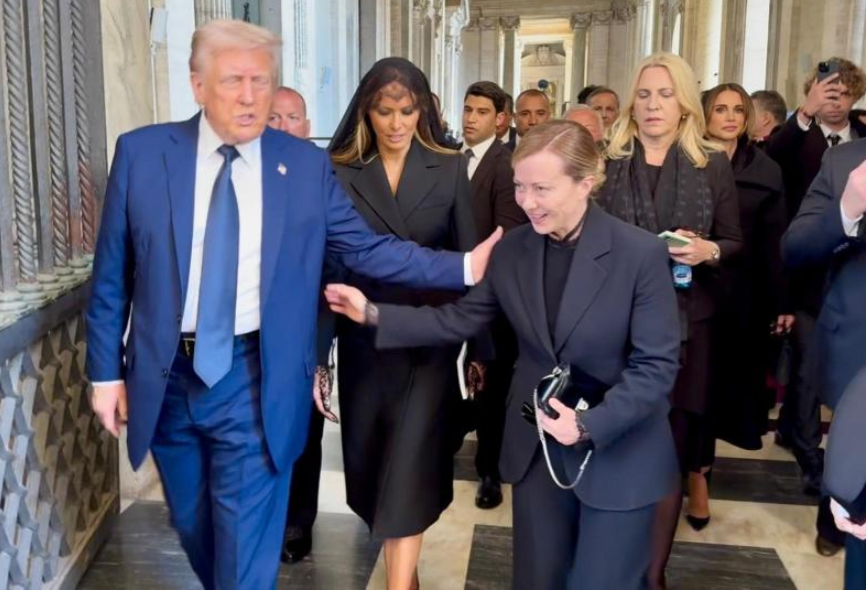
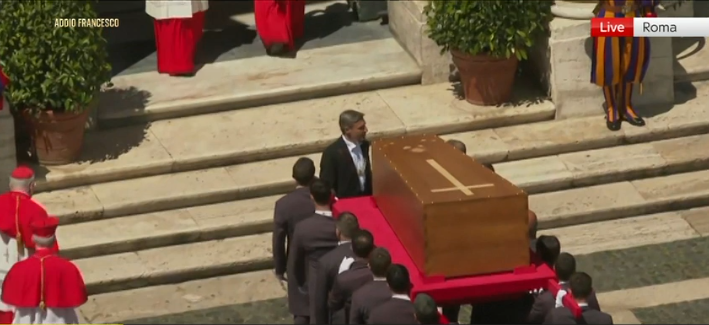
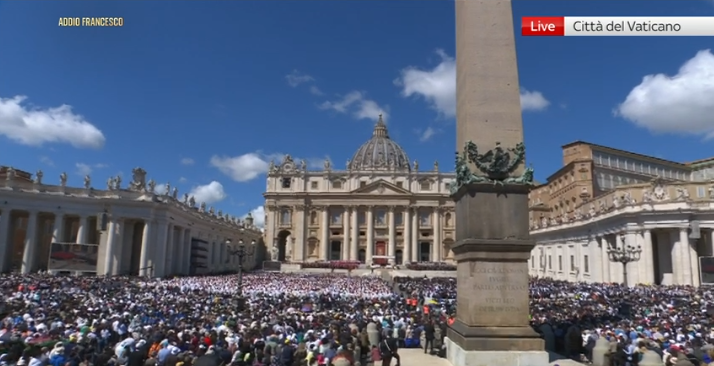
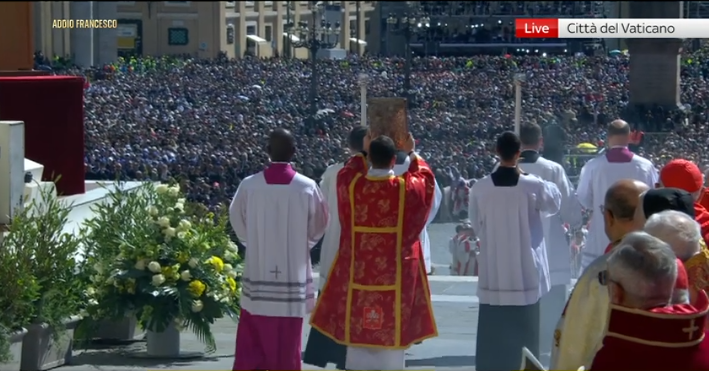
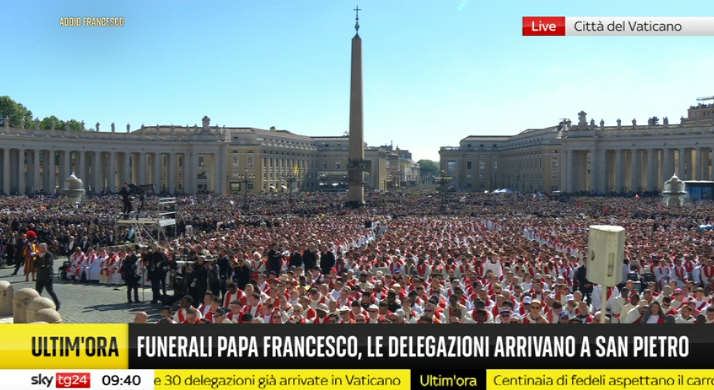
Leave a Reply